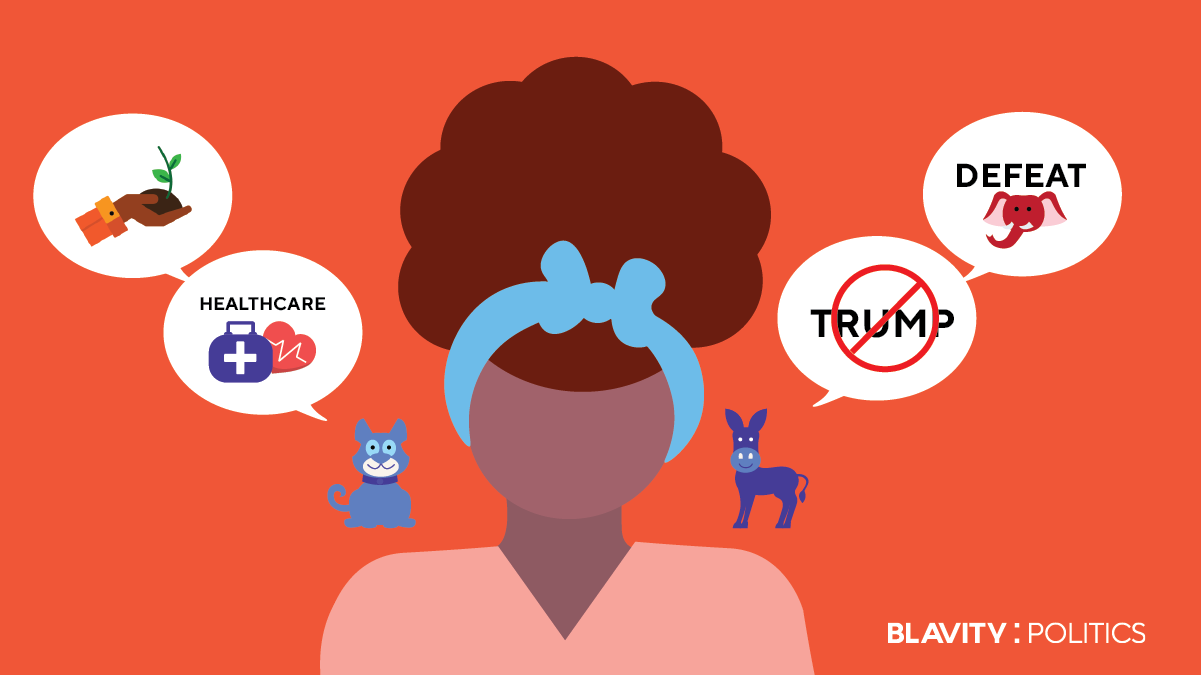During the first night of the second round of the Democratic debates, all eyes were on the top two candidates, Sen. Bernie Sanders and Sen. Elizabeth Warren, both vying for the same progressive base. Commentators anticipated that this was the moment the two friends would finally have to go after each other, but instead, something else happened.
The more left-leaning Democratic party candidates supported each other’s plans and worked together to defend Medicare-for-All and student debt relief against the more moderate and conservative candidates. This unity between the progressive candidates highlighted not only the similarities between the two candidates but the divide within the Democratic Party as a whole.
As the two dodged attacks of Big government and enemies of privatization, the question of what Democrats really stand for seemed to hover over the Detroit debate stage.
Democrats largely have been seen to be for the working class, for communities of color, for those who are queer and underrepresented. At least that’s what the Party wants us to see its legacy as. But, as we fail to get party unity for basic things, like providing health care for every single person in this country, eradicating student debt for the youth and putting out a robust bill to confront climate change, it seems like the party of the marginalized refuses to take a stand to support policies that would, in effect, support those who are indeed marginalized.
So, in 2019, two years into Trump’s presidency. What does it mean to be a Democrat? Is it, at this point, just a party that is in opposition to Trump the person and the character? But, what about a party that is in opposition to the type of policies that created Trump, that allowed him to thrive and take advantage of marginalized groups, that allowed him to become a billionaire? What is the Party’s stance on the uber-rich and corporate America?
If the only thing the DNC is unified on is that they are your only option against Trump, then it has failed to learn the lessons from the 2016 election and should not be surprised if Trump wins another term.
The Pew Research Center reported that Generation Z and Millennials lean more progressive than previous generations. With 70% of Gen Z and 64% of Millennials' support, progressives have a bigger role in solving problems than they think. In the 2018 midterm election, Millennials came out to vote almost double in the amount they did for the 2014 election. Intelligencer reported that Millennial, Gen-Z and Gen-X voters outnumbered Baby Boomers for the first time.
While climate change was not spoken about nearly enough during the Detroit debates, the spar between Sanders and Rep. John Delaney on the Green New Deal echoes previous internal party debates on the topic. Speaker of the House Nancy Pelosi dismissively called the Green New Deal the “green dream” when Politico asked her about the bill earlier in the year. Yet, the Yale Program On Climate Communication's study found that 40% of Millennial voters they surveyed saw climate change as a “very important issue.”
And despite Greenland's ice sheets losing 11 billion tons of ice in a single day, we’re still talking about trying to put out a carbon tax by 2050 as if we are not already at the tipping point, as if that same marginalized group of voters is not already feeling the effects of climate change.
We deserve more than just a better option than the worst option. We deserve a party that is going to represent our voices once they're elected, not just when they need our votes. We need a party that is going to challenge inequality and how it exists institutionally by attempting to implement big ideas. This can’t be a party who is afraid to be the party of public good just because they are afraid of Republicans.
